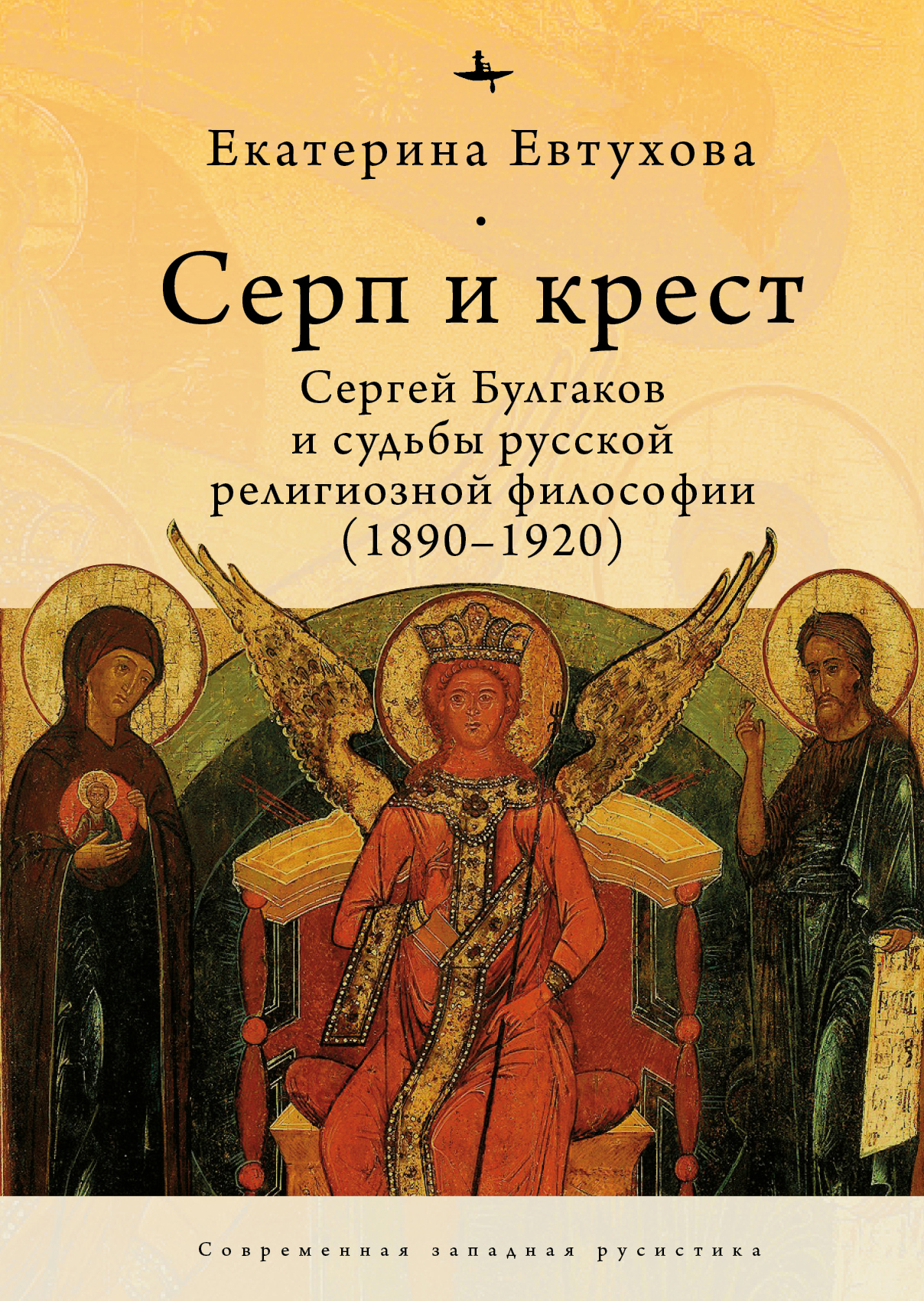Шрифт:
-
+
Закладка:
Сделать
Перейти на страницу:
Марк Дэвид Бэр воссоздает перед нами историю Османской империи с ее зарождения до образования на ее месте «новой Турции». Книга позволяет увидеть привычную нам историю мира с «обратной», «незападной» стороны – глазами граждан колоссального государства, которому в течение нескольких веков принадлежала ведущая роль в глобальной геополитике.
Перейти на страницу:
Еще книги автора «Марк Дэвид Бэр»:





